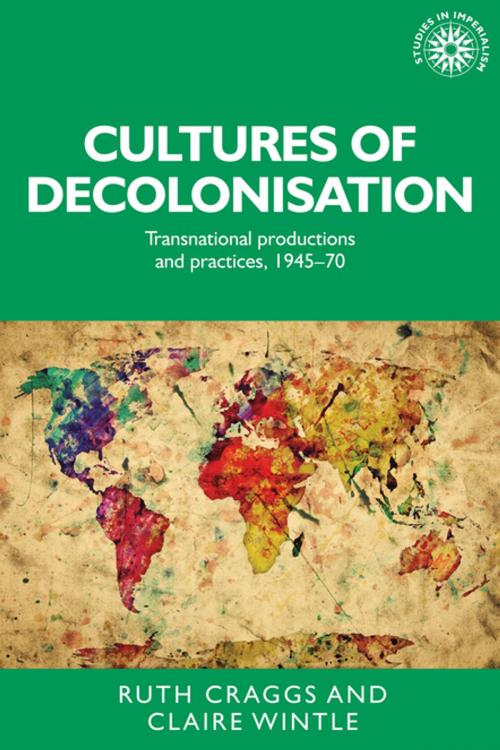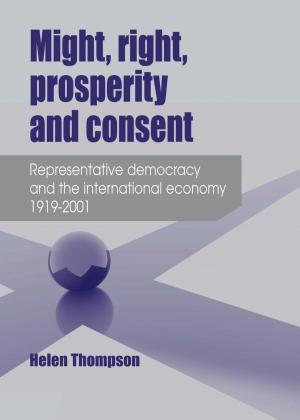Cultures of decolonisation
Transnational productions and practices, 1945–70
Nonfiction, History, Ireland, Social & Cultural Studies, Political Science| Author: | ISBN: | 9781784996246 | |
| Publisher: | Manchester University Press | Publication: | January 1, 2016 |
| Imprint: | Manchester University Press | Language: | English |
| Author: | |
| ISBN: | 9781784996246 |
| Publisher: | Manchester University Press |
| Publication: | January 1, 2016 |
| Imprint: | Manchester University Press |
| Language: | English |
Cultures of decolonisation combines studies of visual, literary and material cultures in order to explore the complexities of the ‘end of empire’ as a process. Where other accounts focus on high politics and constitutional reform, this volume reveals the diverse ways in which cultures contributed to wider political, economic and social change. This book demonstrates the transnational character of decolonisation, thereby illustrating the value of comparison – between different cultural forms and diverse places – in understanding the nature of this wide-reaching geopolitical change. Individual chapters focus on architecture, theatre, museums, heritage sites, fine art and interior design, alongside institutions such as artists’ groups, language agencies and the Royal Mint, across Africa, Asia, the Caribbean and Europe. Offering a range of disciplinary perspectives, these contributions provide revealing case studies for those researching decolonisation across the humanities and social sciences.
Cultures of decolonisation combines studies of visual, literary and material cultures in order to explore the complexities of the ‘end of empire’ as a process. Where other accounts focus on high politics and constitutional reform, this volume reveals the diverse ways in which cultures contributed to wider political, economic and social change. This book demonstrates the transnational character of decolonisation, thereby illustrating the value of comparison – between different cultural forms and diverse places – in understanding the nature of this wide-reaching geopolitical change. Individual chapters focus on architecture, theatre, museums, heritage sites, fine art and interior design, alongside institutions such as artists’ groups, language agencies and the Royal Mint, across Africa, Asia, the Caribbean and Europe. Offering a range of disciplinary perspectives, these contributions provide revealing case studies for those researching decolonisation across the humanities and social sciences.















